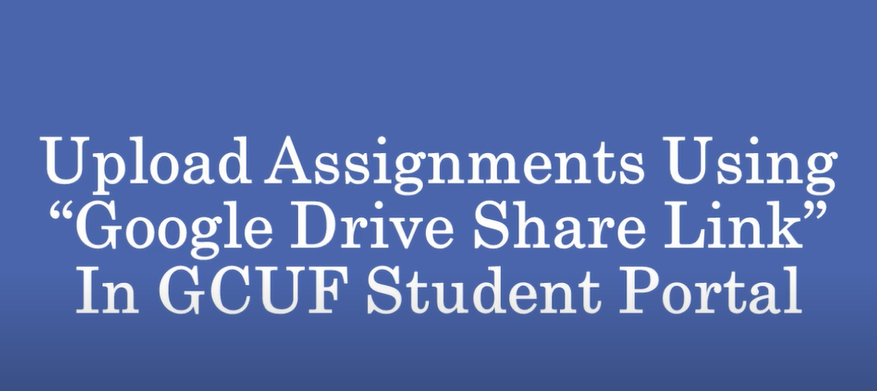Smart Choices How To Get Fast-track Financial Education

Fast-tracking financial education involves making smart choices and prioritizing key strategies to accelerate learning and implementation. Start by setting specific financial goals, whether it’s saving for retirement, paying off debt, or building an emergency fund. Utilize online resources, such as financial blogs, podcasts, and educational websites, to access a wealth of information on personal finance topics. Consider enrolling in online courses or workshops focused on financial literacy and investment basics.
The Basics of Budgeting and Saving
Financial education, understanding the basics of budgeting and saving is crucial. Budgeting involves creating a plan for your money, outlining how much you earn and spend each month. It helps you track where your money goes and identify areas where you can cut back or save more.
Saving is equally important as it allows you to set aside funds for emergencies, future goals, or investments. By consistently saving a portion of your income, you are building a financial cushion that can provide security and opportunities in the long run.
Learning to budget effectively and cultivate a savings habit are foundational skills that form the basis of sound financial management. Whether through tracking expenses, setting savings goals, or automating deposits into a savings account, mastering these basics sets the stage for achieving greater financial stability and success.
Finding Resources for Financial Education
Are you looking to expand your financial knowledge but unsure where to start? Choose Immediate Nexus the right resources for financial education. It is the key to building a solid foundation for your future wealth.
One great way to begin is by exploring online courses and webinars offered by reputable institutions and organizations focused on financial literacy. These platforms often cover a wide range of topics, from basic budgeting skills to advanced investment strategies.
Another valuable resource is books written by experts in the field of finance. Look for titles that are recommended by professionals or have received positive reviews from readers who found them helpful in their own financial journeys.
Implementing What You’ve Learned: Tips for Building Your Wealth
Now that you’ve gained knowledge about budgeting and saving, it’s time to put those lessons into action. Start by setting specific financial goals – whether it’s saving for a house, retirement, or an emergency fund.
Get the right financial education from ImmediateNexus and invest in assets like stocks, bonds, real estate. Starting your own business to grow your wealth over time. Diversifying your investments can help spread risk and increase potential returns.
Don’t forget the importance of continuous learning. Stay informed about economic trends, investment strategies, and personal finance best practices to make informed decisions.
Automate your savings and investments to ensure consistency and discipline in building your wealth. Set up automatic transfers from your paycheck to savings or investment accounts.
Conclusion
Taking control of your financial education is a smart choice that can lead to long-term wealth and security. By understanding the basics of budgeting and saving, seeking out resources for further education, implementing what you’ve learned to build your wealth, and taking advantage of tax breaks and benefits, you are setting yourself up for financial success. Immediate Nexus steps in to bridge the gap in investment education by connecting you with leading institutions dedicated to providing comprehensive insights into the investment world. Start your fast-track financial education journey today and pave the way towards a more prosperous future!




